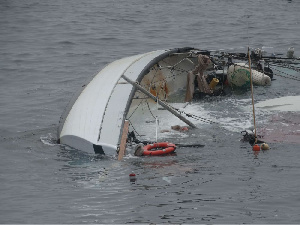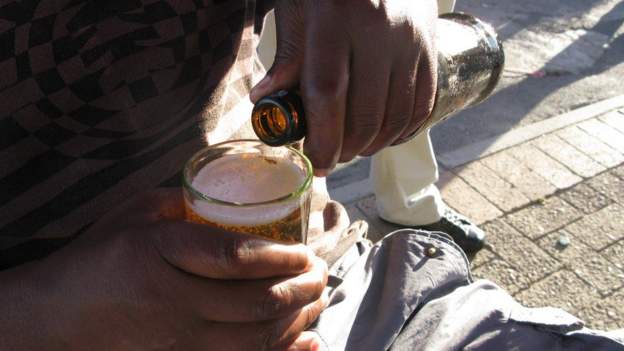Desperate search in Ethiopia for landslide survivors

The search for those engulfed by landslides in southern Ethiopia continues with people using shovels and their bare hands to dig through mud as fears grow that the number of dead could rise beyond the 229 bodies already found.
Drones are being used by emergency teams to search for possible survivors in a remote mountainous area of the Gofa zone, an official told the AFP news agency.
The head of the UN’s humanitarian office in Ethiopia (Ocha) told the BBC that heavy rains caused a landslide on Sunday evening. A second one occurred on Monday morning, burying those who had gathered to help – and there had been a third on Tuesday.
Paul Handley said as the rain had not stopped there were concerns about the stability of the slope and 10,000 people in the area needed to be evacuated “out of harm’s way”.
Getting heavy earth-moving equipment into area was difficult, especially because of the condition of the roads, he told the BBC’s Newsday programme.
Gofa is part of the state known as Southern Ethiopia, located around 320km (199 miles) south-west of the capital, Addis Ababa.
The government has deployed a disaster response team to help with search and recovery efforts.
At least 12 people are receiving treatment in hospital after being rescued.
“The devastation is huge and beyond our capacity. The area is now uninhabitable,” Markos Melese, head of the National Disaster Response agency in Gofa zone, told the Reuters news agency.
Aid agencies have been delivering critical supplies, including food, medicine and water to the area.
The search for survivors is ongoing and is being supported by drones, Firaol Bekele, from the Ethiopian Disaster Risk Management Commission told AFP on Wednesday,Southern Ethiopia is among the areas of the country that have been hit by particularly heavy rain and flooding in recent months, according to Ocha.
But instances of landslides and floods go back further.
In May 2016, at least 50 people were killed in floods and landslides following heavy rain across the south of the country.
Ocha says $3bn (£2.3bn) is needed for Ethiopia to help those affected by El Niño over the last year – which has brought drought and flooding – as well as conflict, but the drive had been “woefully underfunded”.
“With the extremes of rain coming we also expect more of these kinds of emergencies to continue,” Mr Handley said.
Source: bbc.com





